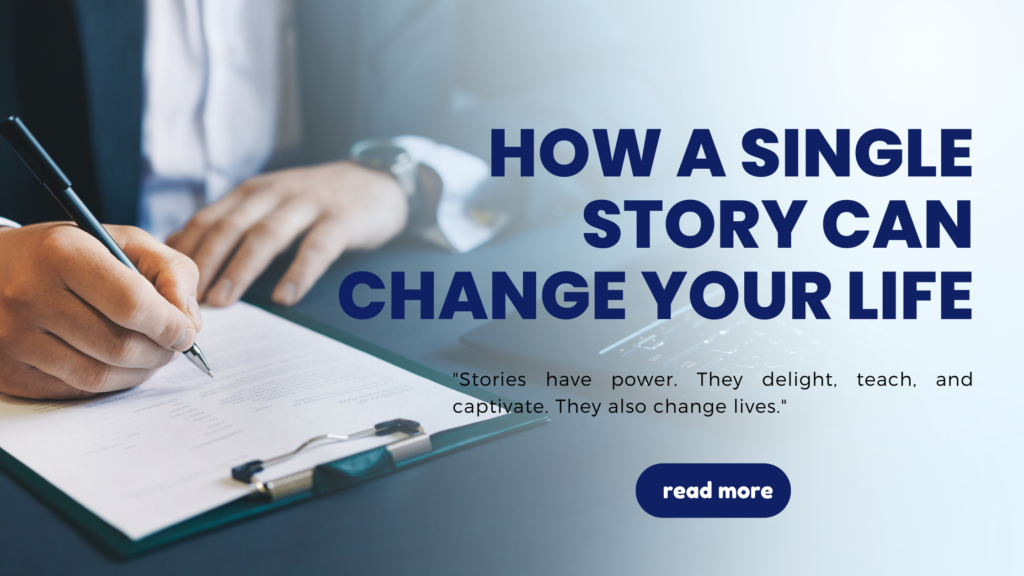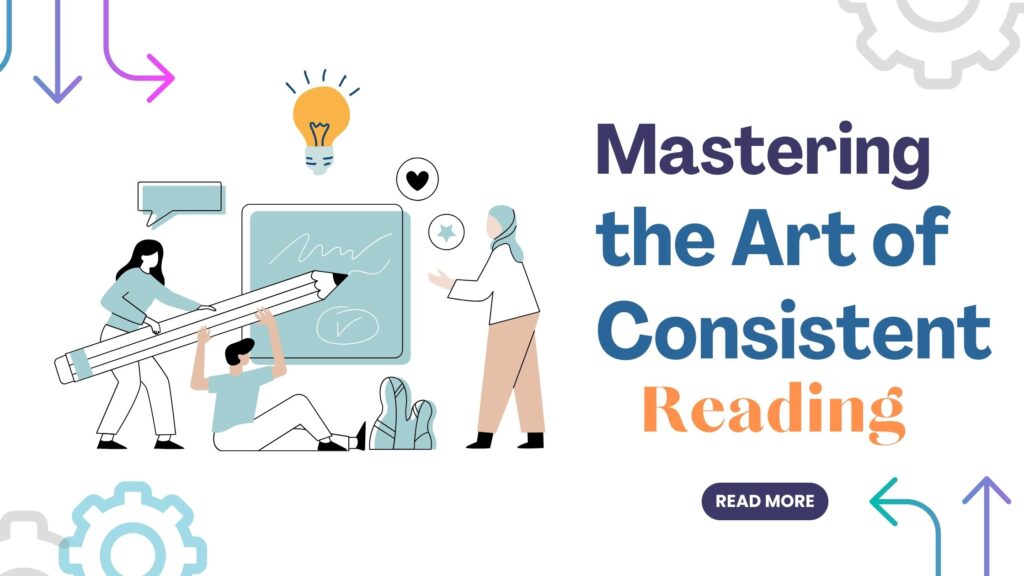“Stories have power. They delight, teach, and captivate. They also change lives.” – Terry Pratchett

When was the last time a story had a profound impact on your life? Perhaps it challenged your assumptions, broadened your perspectives, or even sparked a new understanding within you. In this blog post, we will delve into the transformative power of a single story. We will explore personal experiences, analyze examples from literature, discuss the impact on society, and provide practical tips for embracing the power of stories.
A. Personal Narrative
Let me take you back to a personal moment when a single story changed my perspective. It was a rainy day when I stumbled upon a memoir that narrated the journey of a refugee. As I immersed myself in the author’s experiences and challenges, I realized how much my assumptions about refugees were misguided. The story shattered my preconceptions and ignited empathy within me. It made me question my own biases and propelled me to learn more about the plight of refugees.
B. Examples from Literature
Fictional stories, too, possess the power to transform lives. Take the character of Katniss Everdeen from “The Hunger Games” trilogy, for example. Through her struggles, resilience, and determination, she not only captivated readers but also inspired social change. Katniss’s story sheds light on the injustices of a dystopian world and encourages readers to question oppressive systems in their own lives. This narrative exemplifies how a single story can open up new possibilities and ignite a sense of activism within individuals.
Furthermore, it is important to note that these fictional stories are not detached from reality. “To Kill a Mockingbird” by Harper Lee, a classic that explores racial injustice and discrimination, mirrors the experiences faced by many individuals in our society. These stories serve as powerful mirrors that reflect our world and provoke contemplation, empathy, and understanding.
C. Impact on Society
Beyond personal transformations, single stories play a pivotal role in shaping societal narratives and perceptions. They have the ability to influence cultural representations, policies, and even social movements. For instance, the story of Rosa Parks, a symbol of resistance against segregation, sparked a nationwide movement for civil rights. This single story not only challenged prevailing norms but also inspired countless individuals to join the struggle for equality.
It is crucial to recognize the dangers of a single story when it perpetuates stereotypes and reinforces biases. Dominant narratives have the potential to distort marginalized communities’ experiences and hinder progress. By promoting diverse and inclusive stories, we can break these limitations and build a society where every voice is heard and valued.
D. Practical Tips for Embracing the Power of Stories
Now that we understand the transformative potential of stories, how can we harness their power in our own lives? Here are a few practical tips:
- Seek out diverse stories: Explore voices from different cultures, backgrounds, and experiences. Expand your reading list to include authors who offer unique perspectives and challenge dominant narratives.
- Engage critically: Analyze the stories you encounter. Consider the messages they convey, the underlying themes, and the impact they may have on your worldview. By developing a critical lens, you become an active participant in storytelling.
- Share your own stories: Don’t underestimate the power of your own narrative. By sharing your experiences, you can inspire others and foster connections. Your story has the potential to change lives, just as others have changed yours.
Conclusion
In conclusion, a single story has the power to transform lives. Whether it is a personal narrative, a fictional tale, or a piece of collective history, stories possess the capacity to challenge assumptions, foster empathy, and inspire change. By actively seeking out diverse narratives and embracing the multiplicity of human experiences, we can reshape our understanding of the world and create a more inclusive society. So, let us continue exploring stories that have the potential to change lives, both our own and those of others.
“In a world where narratives often divide us, let us remember the power of a single story to unite, inspire, and transform.”


